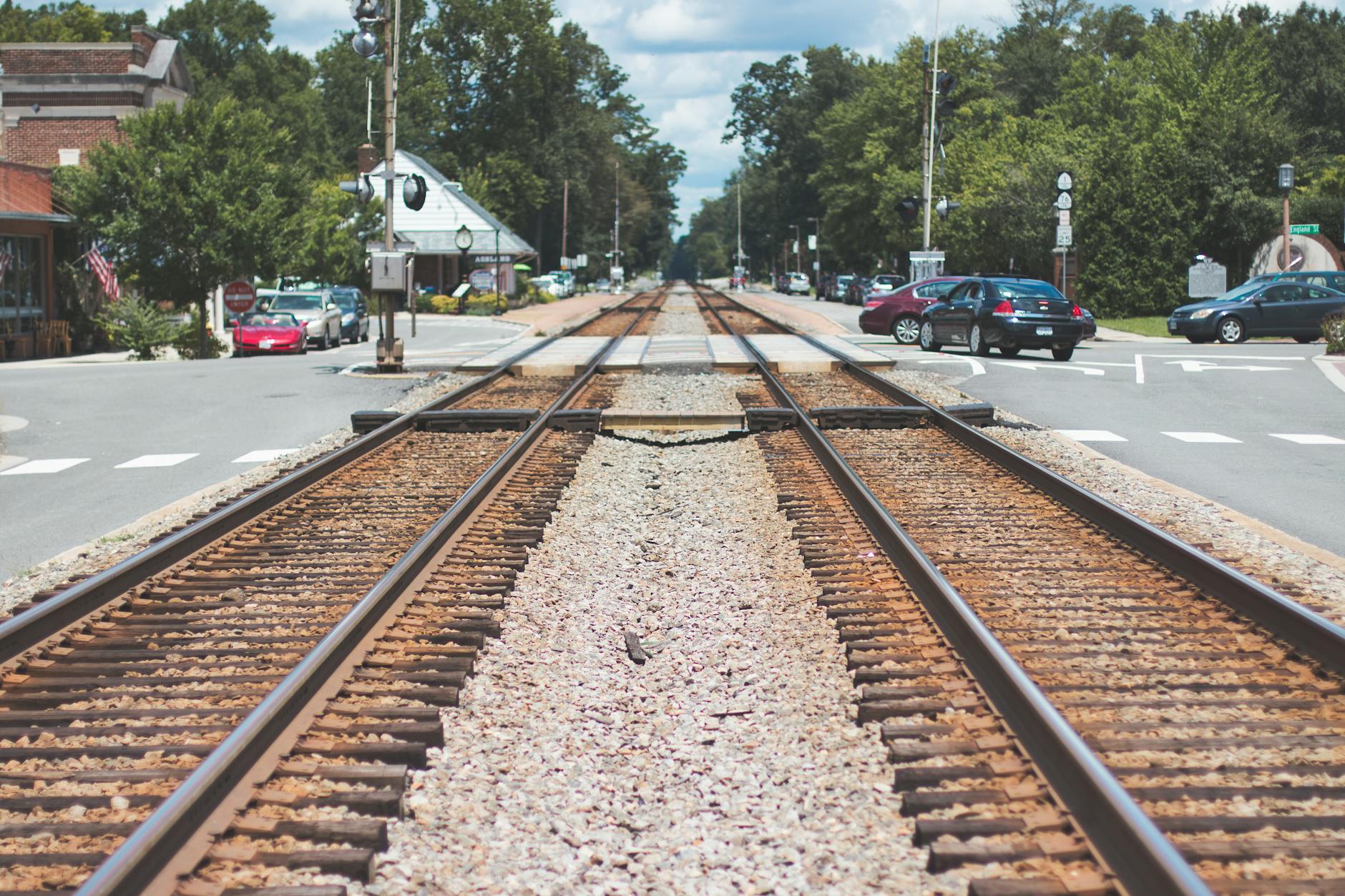Though Union Budget 2020 is disappointing as it hasn't addressed the crucial problems in the country like hiking unemployment, slowing economy etc. it has some attraction in terms of infrastructure development. The govt has blessed the sector with more allocation in-spite of cutting some in social sectors like MGNREGA (Mahatma Gandhi National Rural Employment Guarantee Act) and Gender Budget.
Roads, Rails and Planes

Allocation for Highways has seen a 10% increase from the previous budget. At least one of the major ports would be corporatised and listed in the stock exchange. Development of ports seen an increase of 44%. Also, the allocation of the shipping industry is increased by 18%.
The allocations are pretty good. To fund these projects govt uses the Public-Private Partnership channel and to realize funds govt goes for corporatising and offering stocks to the public probably BOOT (Build Operate Own Transfer) model.
100 Airports will be developed by 2025 to support UDAN scheme, aimed at better connectivity.
Railways get more funding and new plans. Railways a revenue-generating PSU is not profitable but consuming more funds. The budget shows a 3% increase in allocation for passenger amenities, safety, track renewals, crossings, bridges etc.

More private trains would run under the Public-Private Partnership (PPP). Around 150 private trains were planned to run by IRCTC. Already there are 2 Tejas Type private trains run under IRCTC (from Delhi to Lucknow and Ahmadabad to Mumbai). The 3rd train will run between Indore and Varanasi. Tejas type trains to iconic tourist destinations were planned.
Power
Budget 2020 concentrates more on power production - Renewable. The budget allocated Rs. 22,000 crore to the power and renewable energy sector is aiming to improve the financial health of Power Distribution Firms and boost the use of Solar power.
Govt insists people install solar panels at home and insists farmers install solar in their fallow land. Using smart meters at home will be an efficient way of using solar power. Nistaar insists our readers choose solar panels for our houses. It is a one-time investment and people may doubt using heavy appliances like motors, ACs, grinders etc. and however no power will be generated in the night time. Then Smart meters are the solution for that.
Smart Meter
After installing the solar panel for the house we can get electricity connection. Both the connections will be synced with the Smart meter. The smart meter measures the electricity used from the EB connection and also the solar panel. We can use the solar panel power primarily and when we run out of solar power we can use the power from EB that will be measured. When we have excess power (after fully recharging the battery) it will be sent to the EB line and that will also be measured. Finally, we will get EB charges of solar power used minus EB power used.
Govt also plans to extend the National Power Grid. Power from many sources will be connected to it. A plan of people choosing the supplier and price would be introduced ie., people can choose private power producers who offer a low price to them via the grid. This promotes competition among power-producing companies.
Govt has also increased the import duty on solar panels to promote the Make in India. Also, the abolition of Dividend Distribution Tax may improve foreign investments in the sector. And a corporate tax of only 15% for new power producers promotes solar or renewable power investments.
Other Infrastructure plans
Private players were allowed to set up data parks throughout the country. Govt allocates 6000 crores for the Bharat Net scheme to provide internet connections to 2.5 lakh gram panchayats. All public institutions like Anganwadis, PDS, Health and wellness centre etc. would be provided with digital connectivity.
Spending on Space goes up by 8%. The upcoming Solar mission and Gaganyaan mission attracts more funds.
National Technical Textiles Mission has been announced. To give the thrust to the production of a variety of textiles used under various sectors such as health care, infrastructure, defence, automobiles and agriculture to position India as a global leader in Technical Textiles. Antidumping duty on PTA (Purified Terephthalic Acid) a raw material of Polyester fibre has been abolished to boost the import of that material for polyester industries.
Govt plans to promote tourism by funding more for museums. Tourism a great revenue-generating sector attracts more funds this year. Funds have been allocated to Ministry of Culture to develop the Maritime Museum coming up in Lothal, Gujarat. India has moved from Rank 65 (2014) to Rank 34 (2019) in World Economic Forums Travel and Tourism Competitive Index.
Also, govt plans to implement Train and Flight services and cold vans to transport farm produce - welcome move to improve the Agri sector. National Logistics Policy is to be announced to reduce the cost of logistics from 14% of GDP to 10%. More about the social sector will be discussed soon.

[…] Also read: Infrastructure Development – Much needed! […]
ReplyDelete